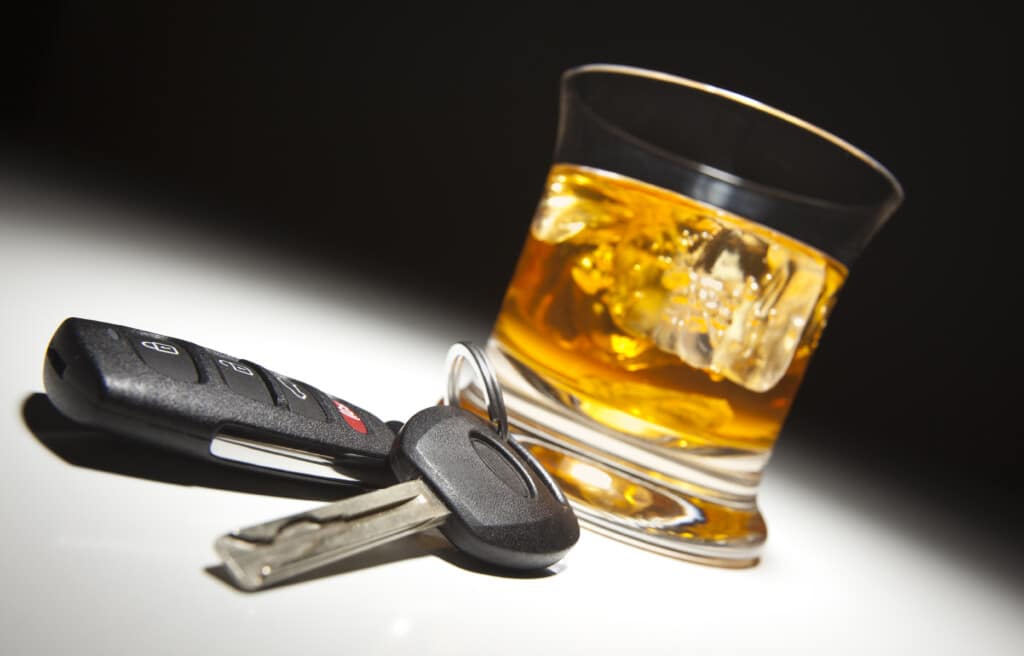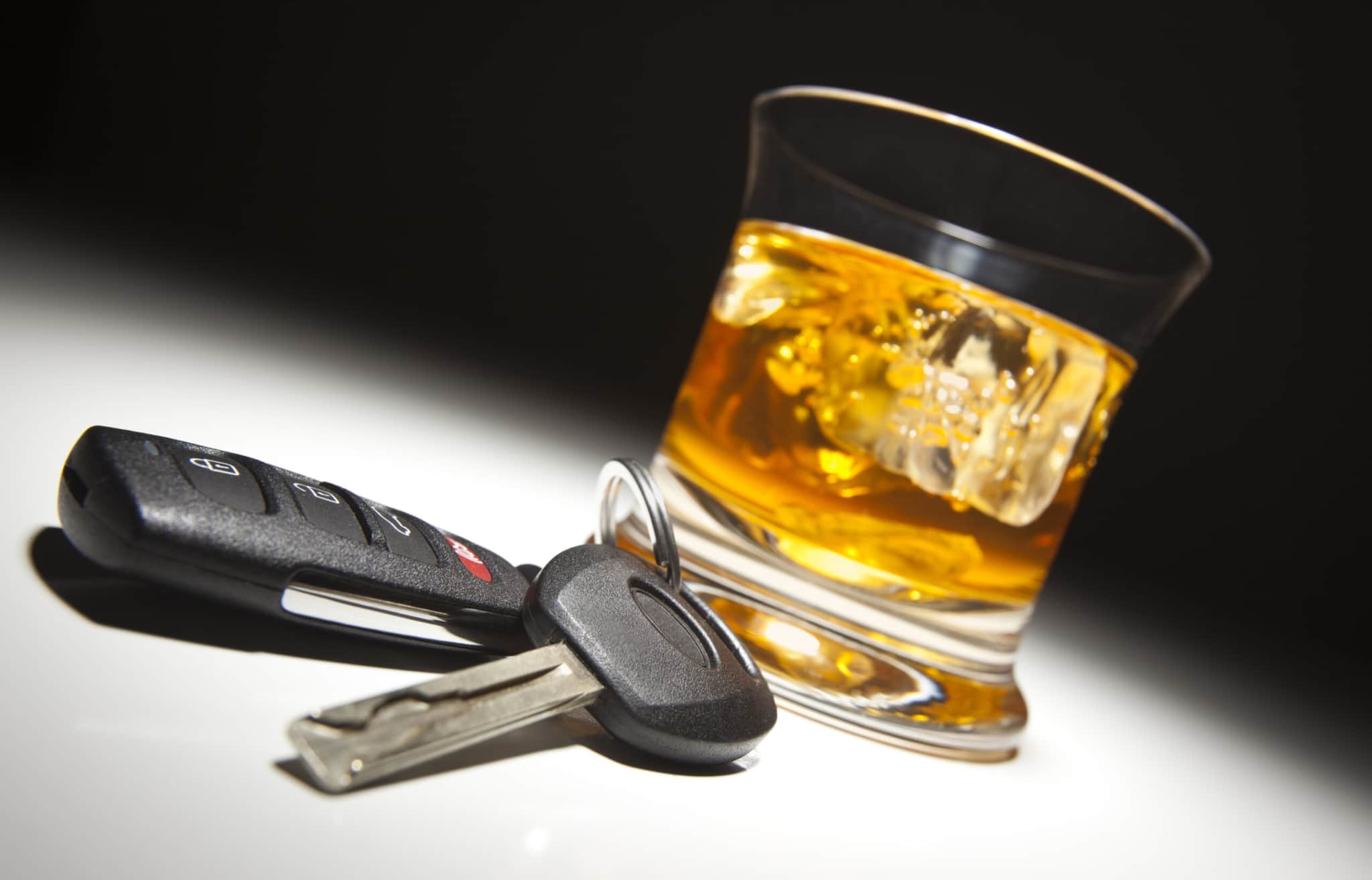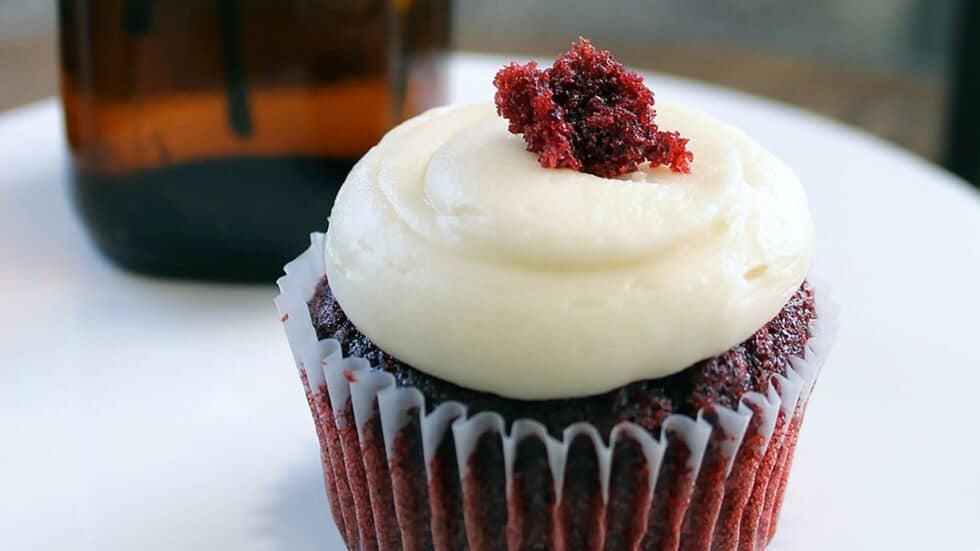16 Ways to Stop Friends From Drinking & Driving
According to the Centers for Disease Control and Prevention, every day 29 people in the U.S. lose their lives in motor vehicle accidents that involve alcohol-impaired driving. The annual cost totals more than $44 billion, but the human cost is immeasurable. Thankfully, steps can be taken to prevent injury and death caused by alcohol-impaired driving.

Read on for 16 tips on how to stop your friends or family members from drunk driving.
1. Be the Designated Driver
Though it may seem like a buzzkill to be the only sober one in a friend group that’s out drinking, giving up alcohol for the night will ensure that everyone gets home safe. Being the designated driver gives certainty about who can and cannot drink, and figuring it out in advance alleviates the pressure on the entire group. Next time you go out, have a different friend take on the role of the designated driver so that everyone gets a chance to have fun and drink safely!
2. Call a Ride
With all the options for taxis and ride-sharing services, it’s easy to get home from the bar safely without driving yourself. If your friend wants to go home earlier than you or the group, make sure the driver has explicit directions and pay for the ride in advance.
If possible, accompany your friend home to ensure their safety. Using a ride-sharing service or calling a cab might be more expensive, especially during peak party times such as Friday or Saturday evenings, but it is certainly cheaper than the cost of a DUI charge or a car wreck.
3. Take Public Transportation
If your destination is accessible via public transit, that is a great option. Map out the route beforehand to prevent getting lost or overwhelmed, especially if you will be intoxicated. Try to avoid routes that require a great deal of walking, as it might be difficult after a few drinks, and injuries can occur from falling over or running into objects. Bring along other friends to make the journey more enjoyable and dissolve any tensions about not being allowed to drive.
4. Be Firm and Non-Confrontational
Politely but firmly tell the person that you cannot let them drive home. Do not give up—it might be tough to speak up, but you could save your friend’s life or the life of an innocent victim. Do not embarrass the person or be confrontational and speak calmly and softly to reassure them. While you may need to be more assertive than you are used to being, don’t back down and remember that it’s for their own good.
5. Consider the Situation
If the person is intoxicated, they may not understand the conversation as easily as they would when sober or react in the same way. Remember not to anger your friend as that will not be effective. Voicing your concerns is important, but remember that this is likely a challenging topic for your friend. Make sure you don’t stray into enabling dangerous behavior to spare their feelings, though.
6. Put Your Feelings Out There
Explain that you care! Make sure that your friend knows you don’t want them to hurt themselves or others, and that you are not trying to ruin the party spirit. If your friend knows that you care deeply about their safety, it will reassure them and hopefully make driving seem like a bad idea.
7. Have Back-Up Options
Having multiple transport options whenever you are on a night out is essential for everyone’s safety. Plans and circumstances can change instantly, and you do not want to be stuck somewhere without other options.
8. Collect Car Keys
If you are hosting a party, make sure to collect all keys from people planning to drink. If they are not willing to give you their keys and you cannot talk them out of driving, hiding your friend’s car keys might be the only way to prevent them from driving drunk. Be patient—wait until your friend is distracted or convince them you need to get something out of the car. Once you get the keys, you can move the vehicle to a location that is not as easily visible, so your friend won’t get as frustrated with the reminder of not being able to drive.
9. Offer Non-Alcoholic Options
Everyone should feel comfortable choosing not to partake in anything that impairs or distorts their judgment, so make sure the atmosphere allows for non-alcoholic options. At parties, you can ask for juice or water to take a break from drinking. If you are out for the night, try instituting a group water round for every couple of drinks you have. Hopefully, this will ease the intoxication of everyone involved and decrease the severity of the hangovers in the morning—so it’s a win-win.
10. Stop Serving
In a house party situation, make sure to stop serving alcohol about two hours before the party is over. Guests will then have more time to allow their bodies to metabolize the alcohol and sober up. However, if anyone is still intoxicated when the party ends, make sure they don’t drive home. Even if that person has sobered up a little, it likely is not enough to make them free of impairment, and they should not get behind the wheel.
11. Call a Family Member or Friend
You can usually rely on your family members or a sober friend to help if you need a ride. Even if your parents might be upset about the situation, they will likely appreciate you doing the responsible thing and calling for help to avoid drunk driving.
12. Offer to Drive Their Car
As long as you are not intoxicated, you can drive your friend and their car back home. If you drove too, you can always leave your vehicle at the party or bar and return for it the next day. It might be more of a hassle, but it’s worth it to prevent any instances of drinking and driving.
13. Stay the Night
If you are at a house party and your friend wants to take themselves home, suggest a slumber party! If you are the host, it’s no problem, but if you are at someone else’s house, ensure that you get the necessary permissions. Most people won’t have any issue with letting a drunk friend staying over. Alternatively, you can invite your friend to sleep at your house when you leave—add in the temptation of brunch or going out for coffee to sweeten the deal! Direct your friend to the place where they can crash, and they will be more likely to accept a warm, soft sleeping spot over driving anywhere.
14. Refuse to Ride With Them
Because intoxicated individuals tend to be swayed easily by group decisions, refusing to get into the car with them might effectively dissuade your friend from driving drunk. Tell your friend that you will ride with someone else, and under no circumstances will you accompany them into a car. Refusing to ride with a drunk person is a gesture that will hopefully show them how serious you are about not trusting their ability to operate a vehicle.
15. Keep an Eye Out for Larger Problems
If your friend frequently tries to drink and drive or does, it could be a sign of clinical alcohol abuse. Keep an eye out for other symptoms of alcoholism, including:
- Drinking more than intended or requiring more alcohol to achieve the same effect.
- Failing to meet responsibilities and deadlines in their job and personal life because of drinking.
- Going to work while intoxicated.
- Experiencing frequent blackouts while drinking.
- Inability to cut back on drinking, even if they have tried to or expressed a desire to do so.
If these signs arise, it’s important to raise the issue with the person directly or with their family members or appropriate medical personnel if they will not accept it. Some people are predisposed to have issues with substances based on genes and family medical history, so the best you can do is to encourage him or her to get professional help.
16. Contact the Police
As a last-ditch effort, you can call the authorities. If someone is insisting that they drive drunk, calling the police might be your final step in preventing this. Even if they get in trouble, it is a far better option than driving drunk and potentially harming themselves or others. Police will sometimes drive the person home and leave them with a warning that will hopefully deter future decisions to drink and drive.



